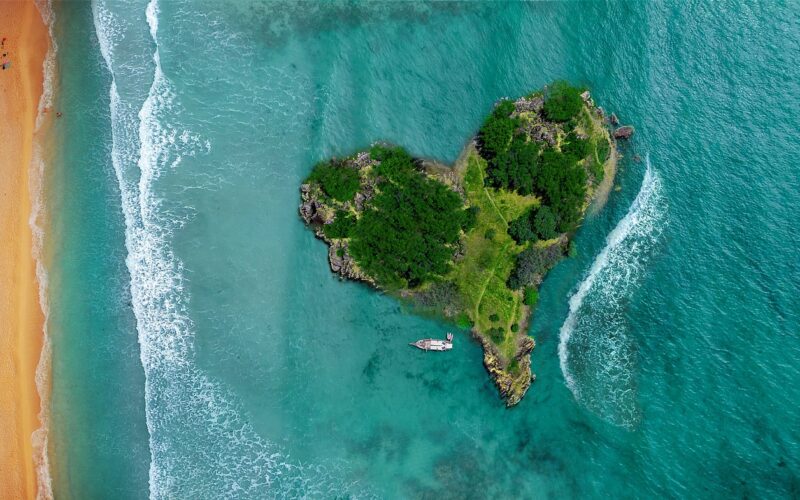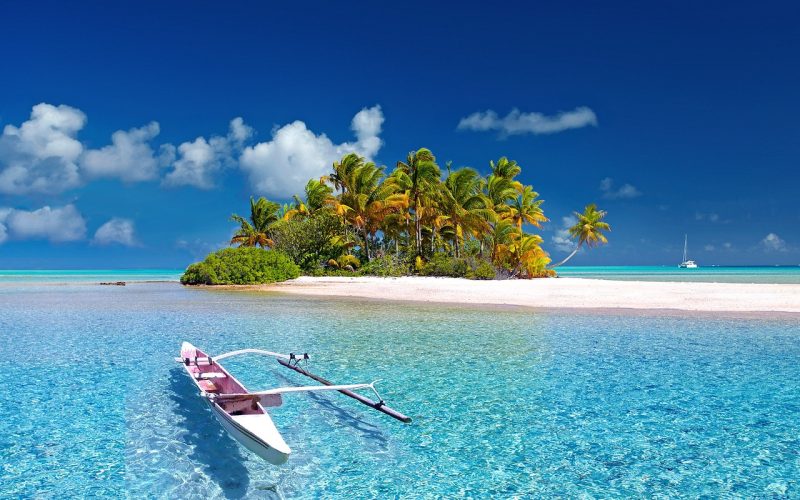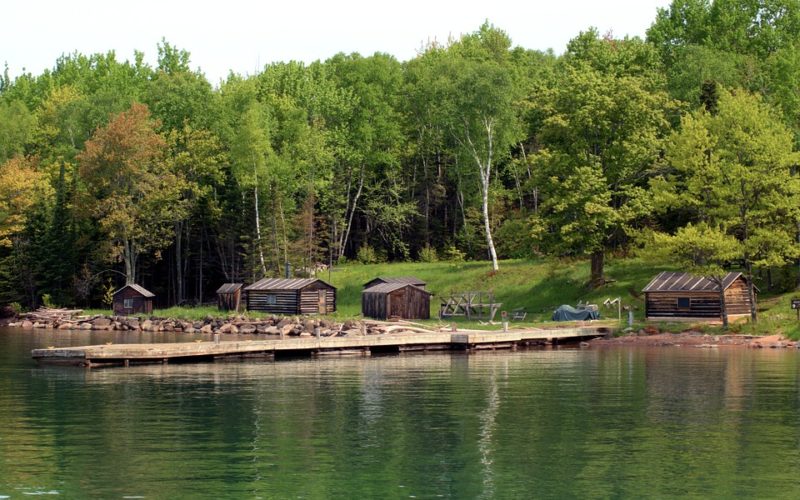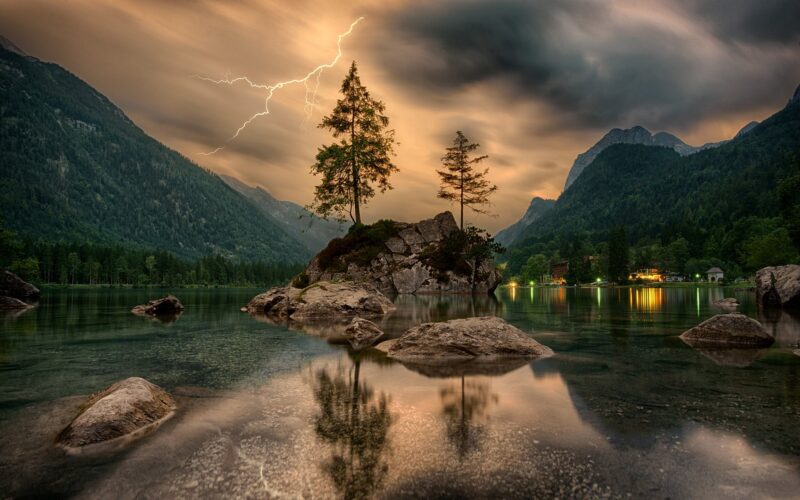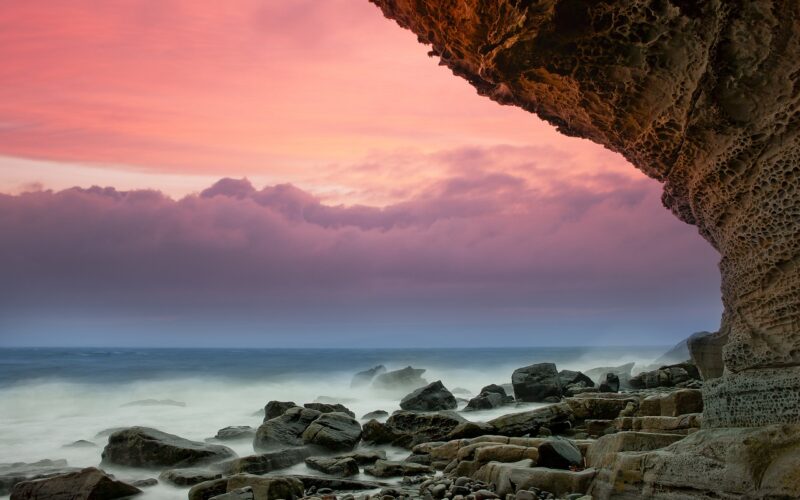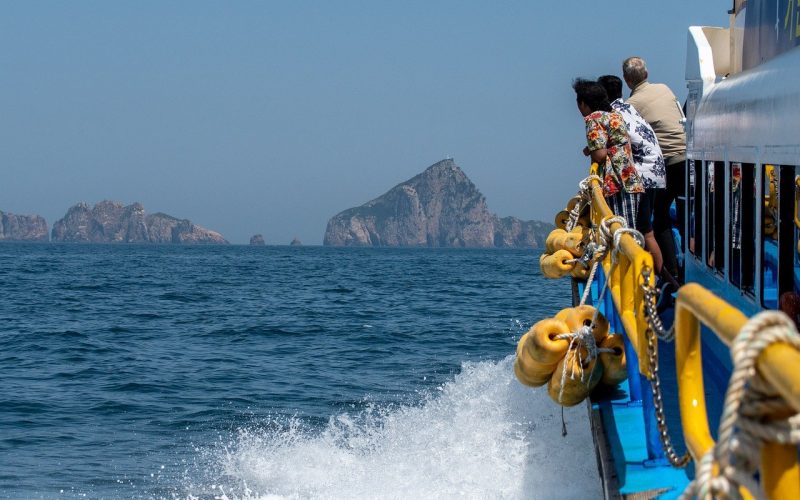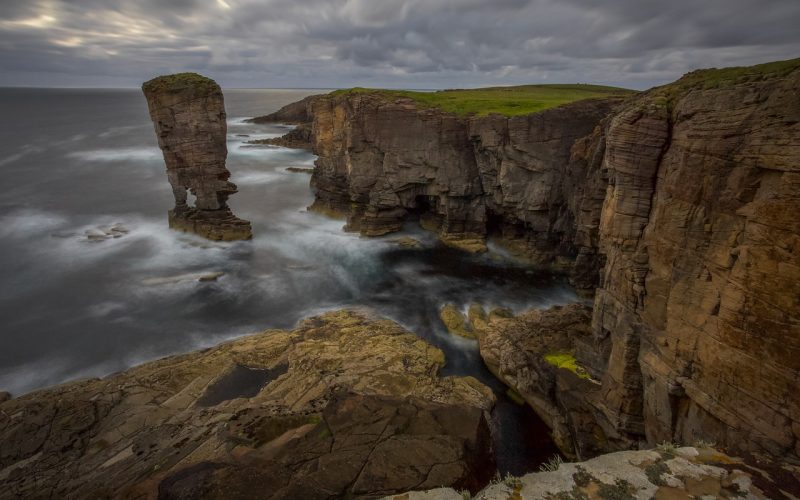Call Of The Wild
The idea of wilderness isolation has fascinated humanity for centuries, promising a return to our most primal roots. The calling to disconnect from society and willingly immerse oneself into the vast solitude of nature's expanse strikes a chord with the adventurer in all of us. Wilderness isolation can be both a physical and spiritual experience, where the only companions are the flora and fauna and the only sounds are those of the earth itself.
Preparing for the solitary life
Venturing into wilderness isolation is not a decision to be taken lightly. It requires meticulous planning and preparation. Essential skills such as navigation, shelter building, wildlife awareness, and first aid are critical for ensuring safety in the wilderness. Additionally, careful considerations must be made regarding resources, as living in isolation means being self-sufficient—a practice that includes procuring food, purifying water, and managing waste effectively. The key is to become attuned to the environment and respect its resources.
The mental impact of isolation
Solitude has a remarkable effect on the human mind. Removed from the constant hum of society, individuals often undergo a significant mental shift. Some may find profound peace and clarity, free from societal pressures. However, prolonged isolation can also be challenging, as it may lead to intense introspection and confrontation with one's thoughts and fears. It's a test of mental resilience and adaptability to new rhythms of living—sunrise to sunset, often dictated by nature itself rather than human-made schedules.
Surviving and thriving in the wild
Survival in the wilderness goes beyond enduring; it's about learning to thrive in harmony with the natural world. This means developing a sustainable routine, understanding the cycles of the seasons, and coexisting with the wildlife. Successful wilderness isolation is marked by an enhanced appreciation for the simple necessities of life and an awareness of the bountiful resources nature provides. Adaptation is essential, as is embodying an ethos of minimal impact and ecological mindfulness.
Lessons learned from a simpler existence
Life in the wilderness teaches an array of valuable lessons. It nurtures patience, deepens sensory perception, and fosters a gratitude for simplicity that often gets lost in the complexity of modern life. The quietude allows for uninterrupted reflection and often leads to a greater sense of self-awareness and personal growth. It's not merely about survival; it's about discovering a more profound connection to the living web of our planet and ultimately, to oneself.
Returning from the wild
Reintegrating into society after experiencing wilderness isolation can be just as challenging as the initial adaptation to the wild. The contrast between the peacefulness of isolation and the busyness of modern life can be stark. Still, individuals often return with invaluable insights and a transformed recognition of their place in the world—a perspective that enriches both personal lives and the wider community. Isolation in the wilderness ultimately serves as both a sanctuary and a crucible, refining our understanding of what it means to be truly alive.
